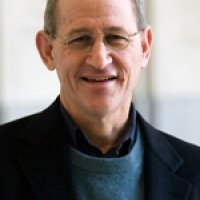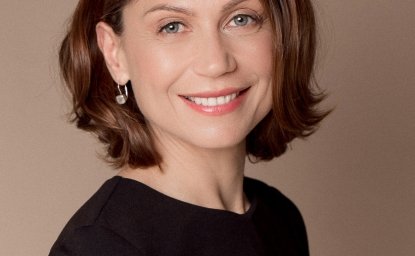ISTANBUL: For the six world powers negotiating with Iran, the crucial, perhaps 11th-hour meeting in Istanbul hinges on deciding whether the Islamic Republic is serious about making a deal on its nuclear program. No one expects a concrete agreement to come out of this effort on Saturday to revive a diplomatic process that stalled almost a year-and-a-half ago. Then, in January last year, also in Istanbul, the Iranians imposed preconditions that ended the discussion. The idea now is to get the process going again. The Iranians have to show they mean business in talks. So Iranian words and behavior will be evaluated by the diplomats from Britain, China, France, Germany, Russia and the United States.
What does this mean? Can such a weighty matter hinge on how an Iranian diplomat acts and speaks at a meeting, rather than on whether agreement is reached? A bit of background might help.
The Iranian nuclear crisis began when a resistance group revealed in 2002 that Iran was hiding nuclear work that could be weapons-related. Since then, talks have gone nowhere and Iran has developed the ability to enrich thousands of tons of uranium. Enriched uranium can be fuel for power reactors, and thus a peaceful product as Iran claims is the case, or the explosive core of atom bombs, as the United States fears is Iran's intention. The last talks broke down when Iran refused to proceed further unless the six world powers recognized unconditionally its right to enrich and lifted all sanctions against it. This was a non-starter for the United States and the others since the sanctions are in fact designed to get Iran to suspend uranium enrichment in order to build confidence that it does not seek the bomb.
The goal in Saturday's talks here is to get Iran to engage in discussion. At issue is Iran's enriching uranium to 20 percent, much closer to weapon-grade than the some 5 percent needed for power reactor fuel, and doing it at a site built into a mountain and thus, potentially, invulnerable to aerial attack. But diplomats said there would be no ultimatums given, actually not even a proposal for Iran. The diplomats want to see what Iranian representative Saeed Jalili has to say, They need to assess whether he discusses various concerns and possible measures rather than simply rejects or ignores such a conversation.
One diplomat explained that the six nations, the so-called P5 plus 1, would decide at the end of the day, Saturday, on whether to schedule new talks and when concrete measures would start to be considered. Saturday is not a day for such moves. Saturday is a day to see if the Iranians are ready to negotiate. The six powers are hopeful since Jalili had said in a letter he sent to EU foreign policy representative Cathy Ashton in February that he was ready to talk, and did not say sanctions must be halted and enrichment accepted without qualification. It was, said the diplomat, a "short, clear letter" that hopefully was a sign of clear talking and a possible commitment to action.
Saturday will be all about "a political judgement" as to whether Iran is ready to discuss this issue for real.
Iran has said it is ready to engage in serious talks, even while it insists that its right to enrich must be held inviolable. It also says it can survive sanctions and will not yield to such pressure. Tehran has won some points. The talks are taking place in Istanbul, the site Iran originally proposed even though it later temporarily backed off from this due to anger at Turkey for being what it called too pro-Western. Tehran seems to have won a concession from the United States that the next round, if it takes place, would be in Baghdad, in Iranian neighbor Iraq. It is clear, say diplomats, that Iran must be seen as compromising rather than capitulating in any settlement, especially since sanctions that curb its oil sales and block its international financial transactions are hurting the Iranian economy.
How will the meeting work? Ashton will open with a comment. Jalili will answer, and then each of the six nations will speak. Jalili will have a chance to speak again. Then the parties will break for lunch. There could be bilateral meetings of the sort that have yielded potential breakthroughs in the past, mainly between the United States and Iran. But there might not be.
A second diplomat said the encounter should not be judged on its length but on whether "Iran is ready to engage on substance."
After years of frustrated diplomacy, the idea is to slowly and carefully restart the process of reconciliation. This is only a first step, diplomats here said. Further phases, and more speed would come later.
It is delicate, especially since the six powers' goal remains full Iranian compliance with UN Security Council resolutions that call on the Islamic Republic to suspend its uranium enrichment.
But Iran has support from Russia for a more flexible way of doing this, in which Iran would get sanctions relief sooner than Washington wants. The danger is that showing seriousness to talk is one thing, moving to unpleasant confidence-building measures is another, and perhaps unpalatable in the end.
The alternative however is increased tension, growing confrontation and perhaps even a war to stop Iran from getting the bomb or Iran deciding to get the bomb. The hope, for Washington at least, is that all will agree that the least unpleasant alternative would be a deal.






